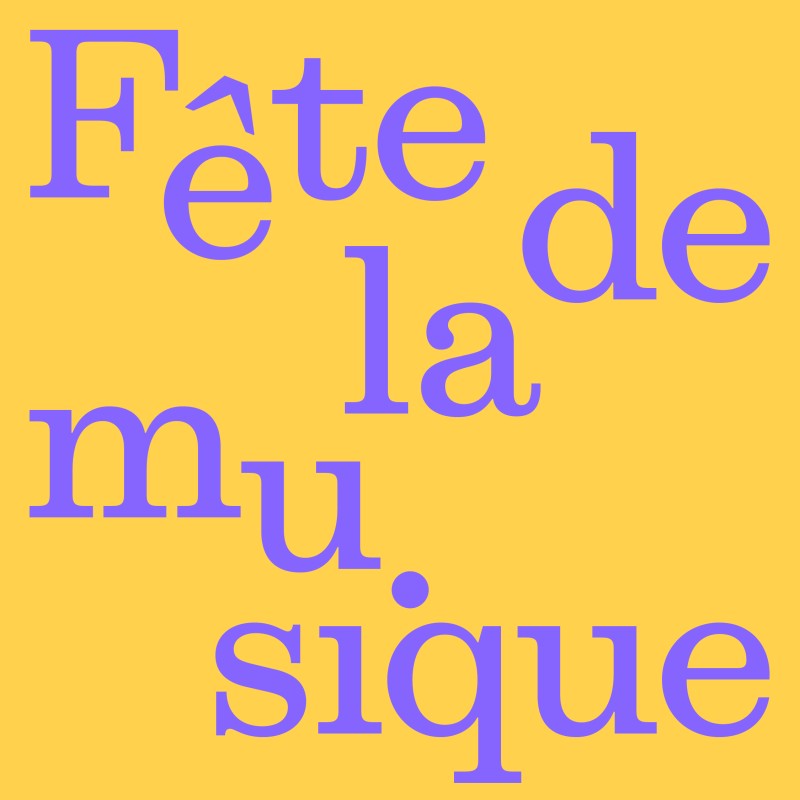BIBLIOTOPIA 2021
Week-end des littératures autour du monde
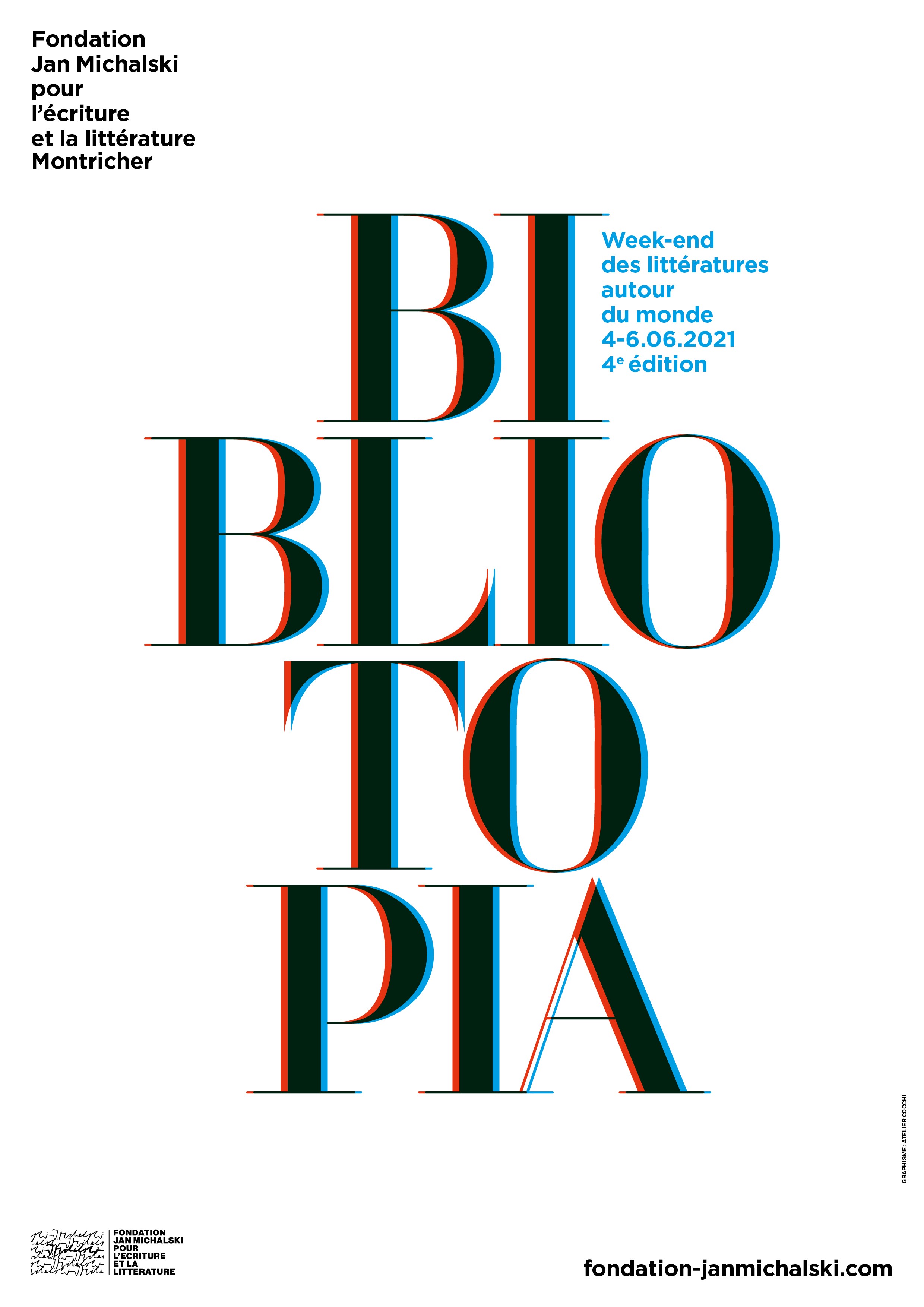
© Atelier Cocchi
Event completed
Discover new perspectives with this fourth edition of BIBLIOTOPIA festival, the weekend of literature from around the world!
Listen to stories from elsewhere, enjoy unbridled imaginations – prepare to be surprised and challenged to question the status quo. We will explore this year’s theme of change together with the following writers:
Franck Bouysse * Jorge Comensal * Sasha Filipenko * Thomas Flahaut * Amin Maalouf * Nastassja Martin * Susana Moreira Marques * Andrés Neuman * Maxim Osipov * Frédéric Pajak * Adania Shibli * Karine Silla * Beata Umubyeyi Mairesse
and the musician Theo Hakola
Writers, artists, journalists, and interepreters will gather in Montricher to take part in ten literary conversations and a concert of poetic rock, which will be screened live from the Jan Michalski Foundation. The latest Covid related restrictions still limit the number of people in our auditorium to only half of its capacity, so we are sharing these events with you online – both live and available afterwards.
Enjoy the festival, and the weekend of literature from around the world!
Program for Friday June 4th
6.30 pm – Interview with Amin Maalouf
Reinventing Society: Hope and Apprehension
Moderated by Oriane Jeancourt Galignani
FR trans. EN
Biography
Amin Maalouf was born in Beirut, Lebanon, in 1949. He studied economics and sociology and then worked as an international reporter until the Lebanese Civil War broke out in 1975. Maalouf and his family decided to leave their country and settled in Paris in 1976, where he became editor in chief of the newspaper Jeune Afrique. He published his first book, The Crusades Through Arab Eyes, (Saqi Books, 1986) in 1983. In 1993, The Rock of Tanios, (Quartet, 1994), his fifth novel, won the Prix Goncourt. Amin Maalouf is a member of the Académie française and in 2010 was awarded the Prince of Asturias Award for Literature for his entire oeuvre and the National Order of Merit by the French state. His books, characterized by a deep humanism, are inspired by the history of Africa and the Middle East, and span cultures and continents. His work has been translated into fifty languages and his most recent book published in English Adrift; How our World Lost its Way (World Editions, 2020), mixes personal narrative and historical analysis to provide a warning signal for the future.
8 pm – Interview with Adania Shibli
Excavating the Language: Fragments and Silences
Moderated by Daniel Medin
EN trans. FR
Biography
Adania Shibli, a prize-winning writer, was born in Palestine in 1974, now divides her time between Berlin and Jerusalem. She holds a PhD from the University of East London in Media and Cultural Studies. Since 2013 she has been teaching at the Department of Philosophy and Cultural Studies at Birzeit University in Palestine. She was named as one of the Beirut39, a group of 39 Arab writers under the age of 40, chosen through a contest organised by Banipal magazine and the Hay Festival, and was awarded the Young Writer’s Award by the A. M. Qattan Foundation in 2002 and 2004. Her first two novels appeared in English as Touch (Clocktroot Books, 2010) and We Are All Equally Far From Love (Clocktroot Books, 2012). Minor Detail (Fitzcarraldo Editions, 2020), a meditation on brutality, memory, and war, which tells a story of a young Bedouin girl raped by Israeli soldiers in 1949, was shortlisted for the 2020 National Book Award for Translated Literature and longlisted for the International Booker Prize.
Program for Saturday June 5th
11 am – Sasha Filipenko and Maxim Osipov in conversation
Chronicling Post-Soviet Society
Moderated by Nadia Sikorsky
RU trans. FR
Biographies
Sasha Filipenko is a Belarusian writer and journalist, born in 1984 in Minsk. He studied literature in St. Petersburg and worked as a journalist, screenwriter and author for a satirical television show. He writes in Russian. A regular contributor to literary magazines, he has written five novels, exploring the violence of post-Soviet Russia, the machine of terror, and the effect it has on citizens. His work is translated in a dozen languages. La traque, his latest novel, (Éditions des Syrtes, 2020) describes the hounding of a journalist who has been investigating a politician. Red Crosses, his previous novel, which explores memories of Soviet system, will be published in English in 2021 by Europa Editions. Sasha Filipenko has been awarded many prizes, including the Russian Prize (2014), the Znamya magazine Prize (2014), and the SNOB Prize, and was short-listed for top literary prizes such as the Bolshaya Kniga and the Russian Booker.
Maxim Osipov, born in 1963 in Moscow, is a cardiologist, social activist, and writer of short fiction. After completing his medical studies he worked at the University of California in San Francisco, before he returned to Moscow, where he founded a publishing house devoted to scientific works in Russian, and ran it for 15 years. He has won a number of prizes, including the Znamya magazine Prize, Bunin Prize, and Yury Kazakov Prize, and his plays have been staged across Russia. In 2005 while working at Tarusa’s local hospital, he founded a charitable fund to ensure its survival. His literary works have been translated into twenty languages, and a selection of his stories, Rock, Paper, Scissors, came out in English from NYRB Classics in 2019. Osipov’s fiction presents a nuanced portrait of life in post-Soviet provincial Russia, its tragedies, frustrations, and moments of humble beauty and inspiration.
1.30 pm – Jorge Comensal and Susana Moreira Marques in conversation
Life Interrupted: On Disease and Mortality
Moderated by Daniel Medin
EN trans. FR
Biographies
Jorge Comensal, a Mexican writer and journalist, was born in Mexico City in 1987, where he studied literature. He has received grants from the Fundación para las Letras Mexicanas and the Fondo Nacional para la Cultura y las Artes. His work has appeared in The Paris Review, Nexos, Revista de la Universidad de México, VICE, and The Literary Review. He is also part of the Environmental Board of Este País from 2018. His first novel, The Mutations (Farrar, Straus and Giroux, 2016), a tragicomedy dissecting the experience of cancer and its effects on families and society, was a critical success and has been translated into many languages. Jorge Comensal is also the author of an essay about the nature of reading, Yonquis de las letras(La Huerta Grande, 2017).
Susana Moreira Marques, a Portuguese journalist and writer, born in 1967 in Porto, lives now in Lisbon. Her writing has appeared in Granta, Literary Hub, Words Without Borders, Feuilleton, Lettre International, and many other publications. As a journalist she worked for the BBC World Service, Público, Jornal de Negócios, and won several prizes, including the UNESCO Human Rights and Integration Journalism Award. In 2019 she was the recipient of a Grant for Literary Writing, awarded by the Portuguese Ministry of Culture. She is also the author of the memoir Quanto Tempo Tem um Dia (How Long is a Day) and Now and at the Hour of Our Death (And Other Stories, 2012): this work of narrative non-fiction is a record of her travels with palliative care professionals to remote corners of Portugal, and blends reportage, travelogue with meditation on death.
3 pm – Amin Maalouf and Karine Silla in conversation
Reversing the Gaze: Writing about Africa and the Middle East
Moderated by Oriane Jeancourt Galignani
FR trans. EN
Biographies
Amin Maalouf was born in Beirut, Lebanon, in 1949. He studied economics and sociology and then worked as an international reporter until the Lebanese Civil War broke out in 1975. Maalouf and his family decided to leave their country and settled in Paris in 1976, where he became editor in chief of the newspaper Jeune Afrique. He published his first book, The Crusades Through Arab Eyes, (Saqi Books, 1986) in 1983. In 1993, The Rock of Tanios, (Quartet, 1994), his fifth novel, won the Prix Goncourt. Amin Maalouf is a member of the Académie française and in 2010 was awarded the Prince of Asturias Award for Literature for his entire oeuvre and the National Order of Merit by the French state. His books, characterized by a deep humanism, are inspired by the history of Africa and the Middle East, and span cultures and continents. His work has been translated into fifty languages and his most recent book published in English Adrift; How our World Lost its Way (World Editions, 2020), mixes personal narrative and historical analysis to provide a warning signal for the future.
Karine Silla, a novelist, playwright, actress, scriptwriter and producer, was born in 1965 in Dakar, Senegal. In 1988, after her studies in New York, she returned to France, where she worked as an actress in various films including Sanguines (1988) or Jean Galmot, aventurier (1990) and, after 2001, as a producer and screenwriter for Peau d’ange (2002) and Un baiser papillon (2011). Her novels cover the themes of secrets, grief, abandonment and solitude. Aline et les hommes de guerre is her fourth novel (L’Observatoire, 2020). It tells the story of Aline Sitoé Diatta (1920-1944), the young female Senegalese heroine of opposition to the French colonial empire, a strong female symbol of resistance and liberty.
4.30 pm – Franck Bouysse and Thomas Flahaut in conversation
From Countryside to Factory: Exploring Social Change
Moderated by Salomé Kiner
FR trans. EN
Biographies
Franck Bouysse, born in 1956 in Brive-la-Gaillarde in Corrèze, is a prize winning French writer. He spent a large part of his childhood in his grandparents’ farm. After studying biology, he moved to Limoges to teach, and now divides his time between Limoges and the Corrèze. He has always been fascinated with American literature, which is a major source inspiration for his writing. He has published fifteen novels, including, at La Manufacture de livres, Grossir le ciel (2014, Prix Michel Lebrun, Prix Polars Pourpres, Prix SNCF du polar), and Né d’aucune femme (2019, Prix des libraires, Prix Babelio, and Grand Prix des lectrices de Elle). His latest novel, Buveurs de vent (Albin Michel, 2020), was awarded the Prix Jean Giono. His books explore the beauty of the countryside, and the tensions between tradition and progress.
Thomas Flahaut, a novelist and scriptwriter, was born in 1991 in Montbéliard in Doubs, France, in a family of workers. He studied theatre in Strasbourg before moving to Switzerland to follow a creative writing course in Bienne. He founded a Franco-Swiss literary collective, Hétérotrophes and now lives in Bienne. Both his novels are published by Éditions de l’Olivier and explore the lives of factory workers now and in the past. Ostwald (2017) was a finalist for the Prix Stanislas and the Prix de la Vocation as well as being selected for the 2018-2019 Roman des Romands. His second novel, Les nuits d’été(2020), inspired by his own experience of work in the bernese Jura, describes the problems and expectations of young people working in a factory on the border between France and Switzerland.
Program for Sunday June 6th
11 am – Interview with Andrés Neuman
Reconstructing Ourselves: Confronting Memory and Trauma
Moderated by Daniel Medin
EN trans. FR
Biography
Andrés Neuman is an Argentine writer, poet, translator, columnist and blogger born in 1977 in Buenos Aires, Argentina. In his teens, he moved to Granada in Spain, where he studied Spanish literature and where he now lives and teaches Spanish and American literature. His novel Traveller of the Century (Pushkin Press, 2012) won the Alfaguara Prize and the National Critics Prize, and was shortlisted for the International Dublin Literary Award and the Independent Foreign Fiction Prize. Talking to Ourselves (Pushkin Press, 2014) was longlisted for the International Dublin Literary Award and shortlisted for the Oxford-Weidenfeld Translation Prize. Andrés Neuman was named one of the original Bogotá39, and one of Granta’s Best of Young Spanish-Language Novelists. Fracture (Straus and Giroux, 2020), his latest novel, has for a main character a survivor of Hiroshima, Nagasaki, and the Fukushima nuclear disaster, and explores collective trauma, memory, love, and our relationship with other cultures. It was shortlisted for the Premio Dulce Chacón and the Premio San Clemente Rosalía-Abanca.
1.30 pm – Interview with Beata Umubyeyi Mairesse
Literature in the Shadow of History
Moderated by Salomé Kiner
FR trans. EN
Biography
Beata Umbyeyi Mairesse, a novelist and a poet, was born in Butare in Rwanda in 1979. She arrived in France in 1994 having survived the Tutsi genocide, studied political science, and began working for humanitarian causes. Her collections of short stories Ejoand Lézardes (La Cheminante, 2015 and 2017) were awarded the Prix François Augiéras, the Prix de l’Estuaire and the Prix du livre Ailleurs. She also published a collection of poetry in prose. Tous tes enfants dispersés (Autrement, 2019) is her first novel and explores the history of several generations of one family after and before the Rwandan genocide. It won the Prix Ethiophile, the Prix Des racines et des mots, and the Prix des cinq continents de la francophonie.
3 pm – Interview with Frédéric Pajak
Inventing New Ways of Writing
Moderated by Françoise Jaunin
FR trans. EN
Biography
Frédéric Pajak is a Swiss-French writer, graphic artist, and painter, born in 1955. He has edited and contributed to cultural and satirical periodicals, and is the editor of Les Cahiers dessinés, devoted to graphic works. He has published more than twenty books – best known for their unique design fusing full-page drawings with biographical and autobiographical narrative – including Le chagrin d’amour (2000), Humour: une biographie de James Joyce (2001), Nietzsche et son père (2001), published at the PUF, and the annual series Manifeste incertain (Éditions Noir sur Blanc), which he began in 2012. In addition to the 2014 Prix Médicis essai for the Manifeste incertain 3, he won the Goncourt Prize for Biography in 2019 for the Manifeste incertain 7, about Emily Dickinson and Marina Tsetaeva. The first volume is now available in English: Uncertain Manifesto(NYRB, 2019). His other subjects included Joyce, Luther, Freud, Nietzsche, Cesare Pavese, and Schopenhauer. He won the 2021 Grand Prix Suisse de la littérature for his entire work. His books present an innovative way of storytelling, reflecting the way writing today is breaking boundaries and opening new possibilities.
4.30 pm – Interview with Nastassja Martin
Another Way of Living: Learning From Shamans and Bears
Moderated by Anne Laure Gannac
FR trans. EN
Biography
Nastassja Martin is a French author and anthropologist, born in 1986 in Grenoble, who after writing her doctoral thesis under Philippe Descola at EHESS, has been studying the Gwich-in people of Alaska and the Even people of the Kamchatka Peninsula. Along with In the Eye of the Wild, to be published in English in the autumn of 2021 by the New York Review of Books, she has written Les âmes sauvages: face à l’Occident, la résistance d’un peuple d’Alaska (La Découverte, 2016), for which she received the Prix Louis Castex of the Académie française. She also co-produced documentaries with Mike Magidson including Tvaïan (Point du Jours/Arte). In the Eye of the Wild tells the story of her nearly fatal run-in with a bear while conducting research in Russia and of the aftermath of the event, of the wounds she took away from it, but also of a rebirth in spirit and mind and a new approach to living with animals and nature.
6pm – Concert Theo Hakola
Water Is Wet
accompanied by Bénédicte Villain (violin), Delphine Ciampi-Ellis (bass), Matthieu Texier (guitar) and Fabrice La Croix (drums)
Biography
Theo Hakola, born in Spokane, WA, is a composer, musician, singer, actor and writer. He has lived for the last forty years in Paris where he founded the bands Orchestre Rouge (2 albums – RCA) and Passion Fodder (5 albums – Barclay-Polygram/Beggars Banquet), and produced recordings by several other groups including Noir Désir’s first. Last year he released his eighth solo album – Water Is Wet(Microcultures/Médiapop) which consists of ten ballads of organic rock with lyrics that are urgent, engaged and full of colour. Alongside his work in theater and film, he’s published five novels in France; the last one Idaho Babylone (Actes Sud) came out in 2016.
Archive
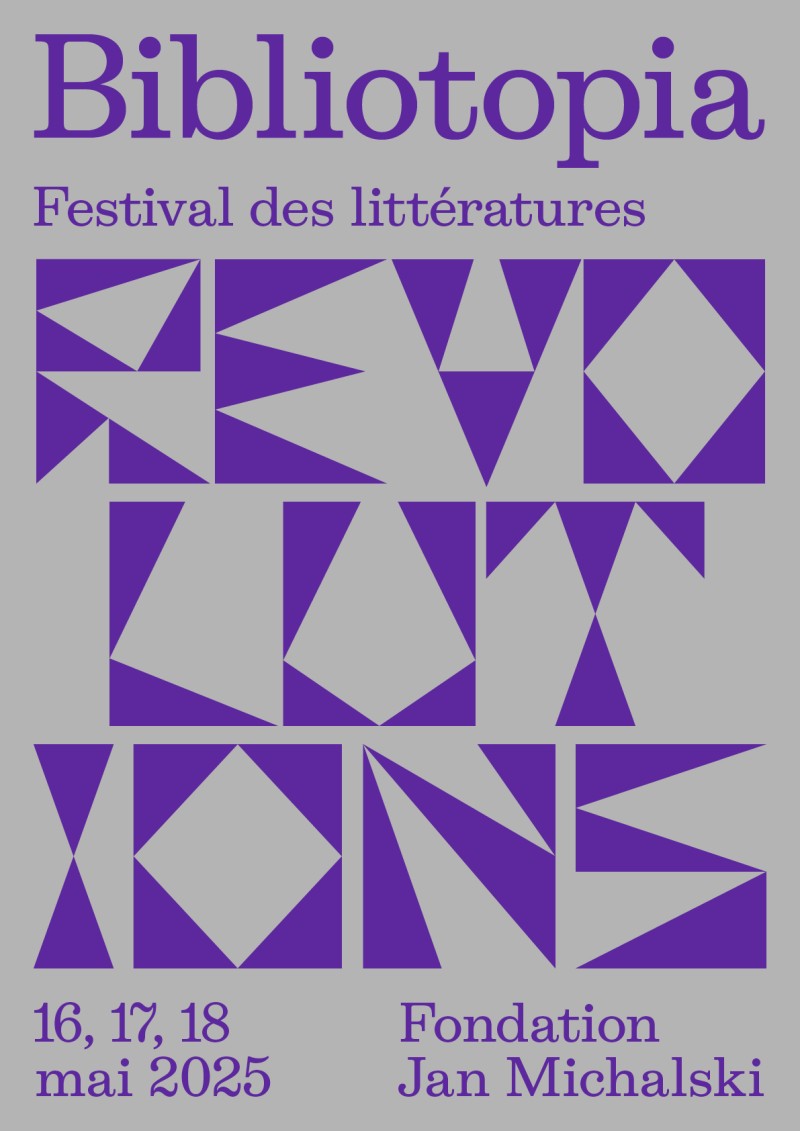
Bibliotopia 2025
Festival of literatures
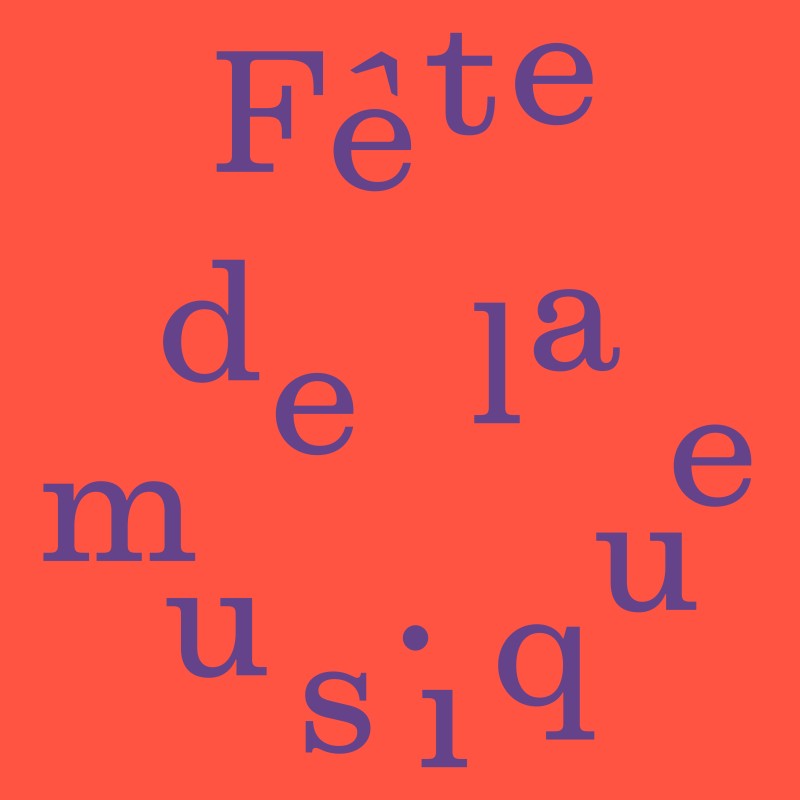
Fête de la musique
avec Keshavara, Czesare et Blanco White en concert !
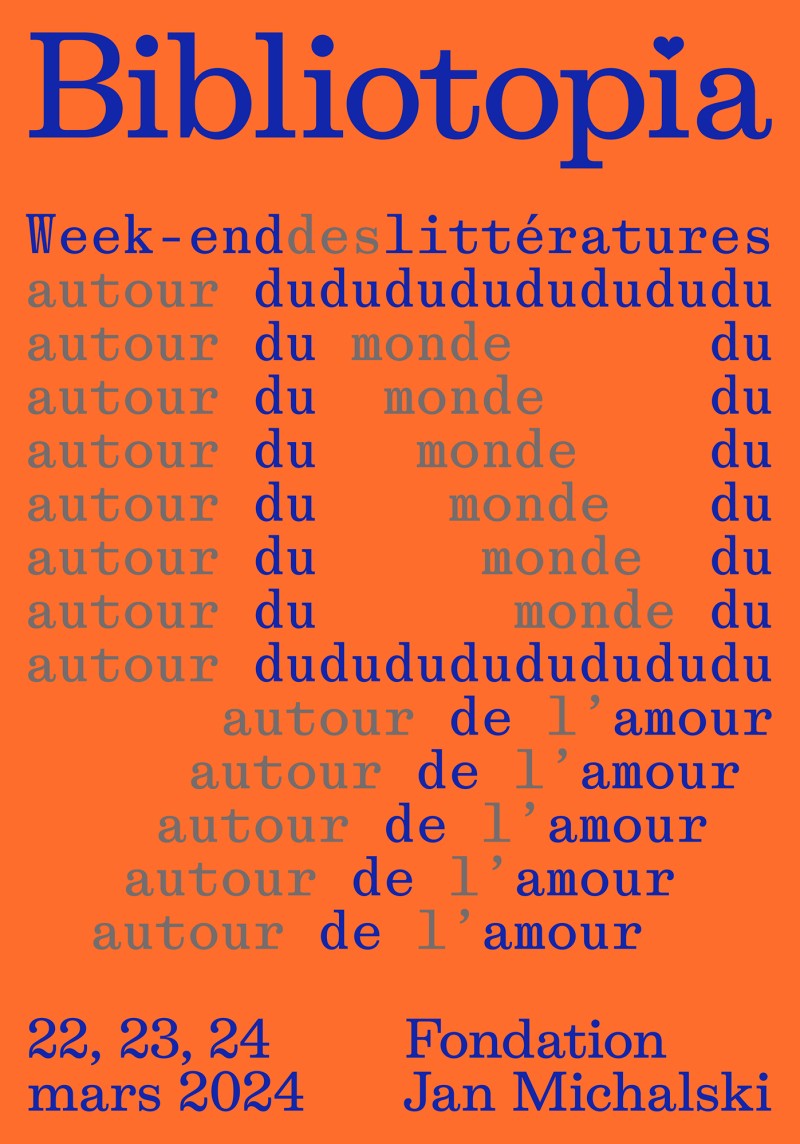
Bibliotopia 2024
Week-end of world literature
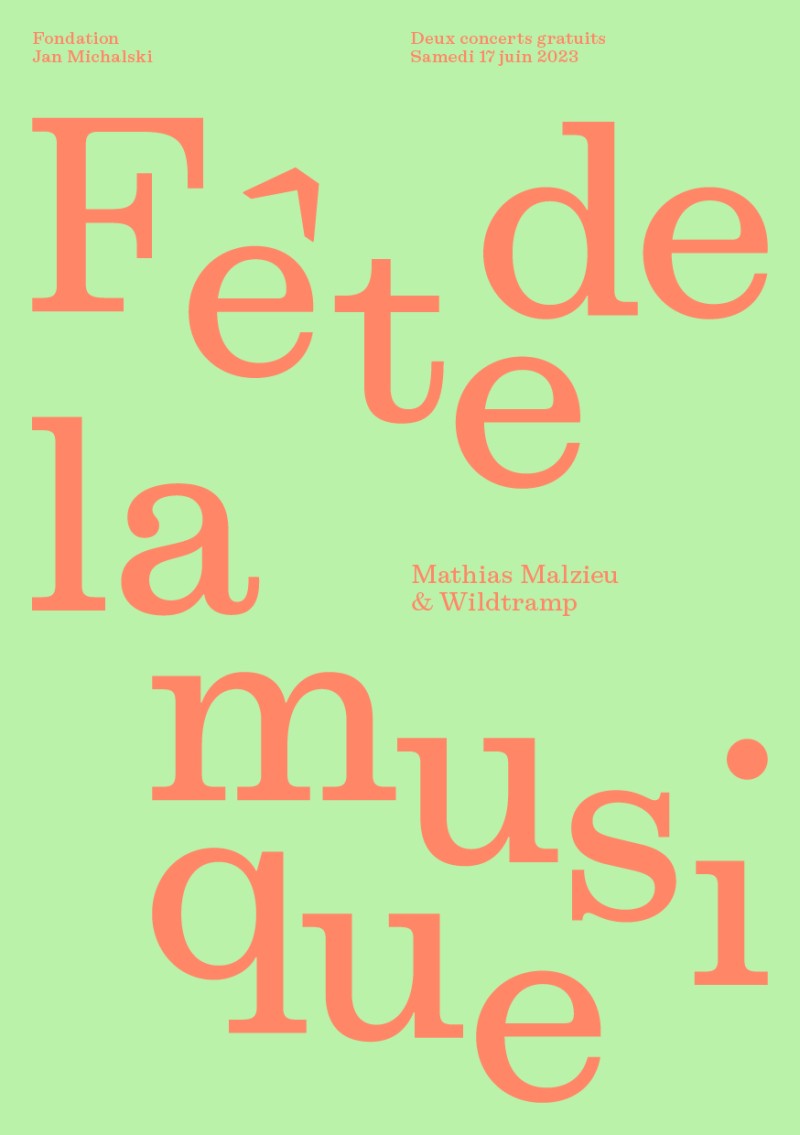
Fête de la musique
Mathias Malzieu & Wildtramp

Bibliotopia 2023
Week-end of world literature
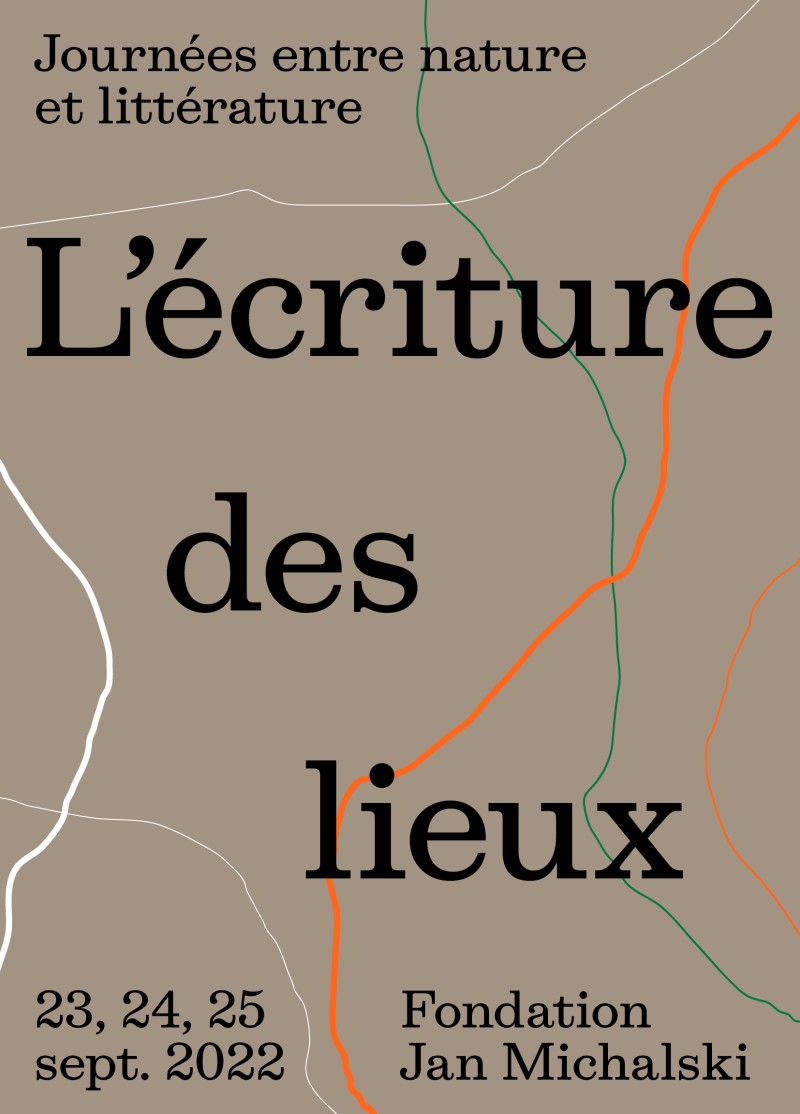
L’écriture des lieux 2022
Journées entre nature et littérature, Autour du loup
BIBLIOTOPIA 2022
week-end of world literature
